Balance Sheets: The Foundation of Financial Management for Independent Grocers
 For independent grocers, mastering the basics of a balance sheet is important for sound financial management. A balance sheet provides a snapshot of your business’s financial standing at any given point, outlining assets, liabilities, and equity. Understanding your balance sheet is essential in making informed decisions and steering your business toward profitability.
For independent grocers, mastering the basics of a balance sheet is important for sound financial management. A balance sheet provides a snapshot of your business’s financial standing at any given point, outlining assets, liabilities, and equity. Understanding your balance sheet is essential in making informed decisions and steering your business toward profitability.
Assets are what your business owns, including cash, inventory, and property.
Liabilities represent what you owe, such as loans or accounts payable.
The difference between these is your equity, showing the owner’s stake in the business.
A balance sheet is an essential tool both internally and externally.
Internally, it helps you gauge the success of your operations and adjust strategies accordingly. Externally, it shows potential investors and auditors the health of your business, influencing investment decisions and compliance assessments.
Understanding these statements can seem daunting, but gaining this knowledge is vital for maintaining your company’s financial health. It allows you to assess liquidity, manage debts efficiently, and strategically plan for future investments or expansions.
